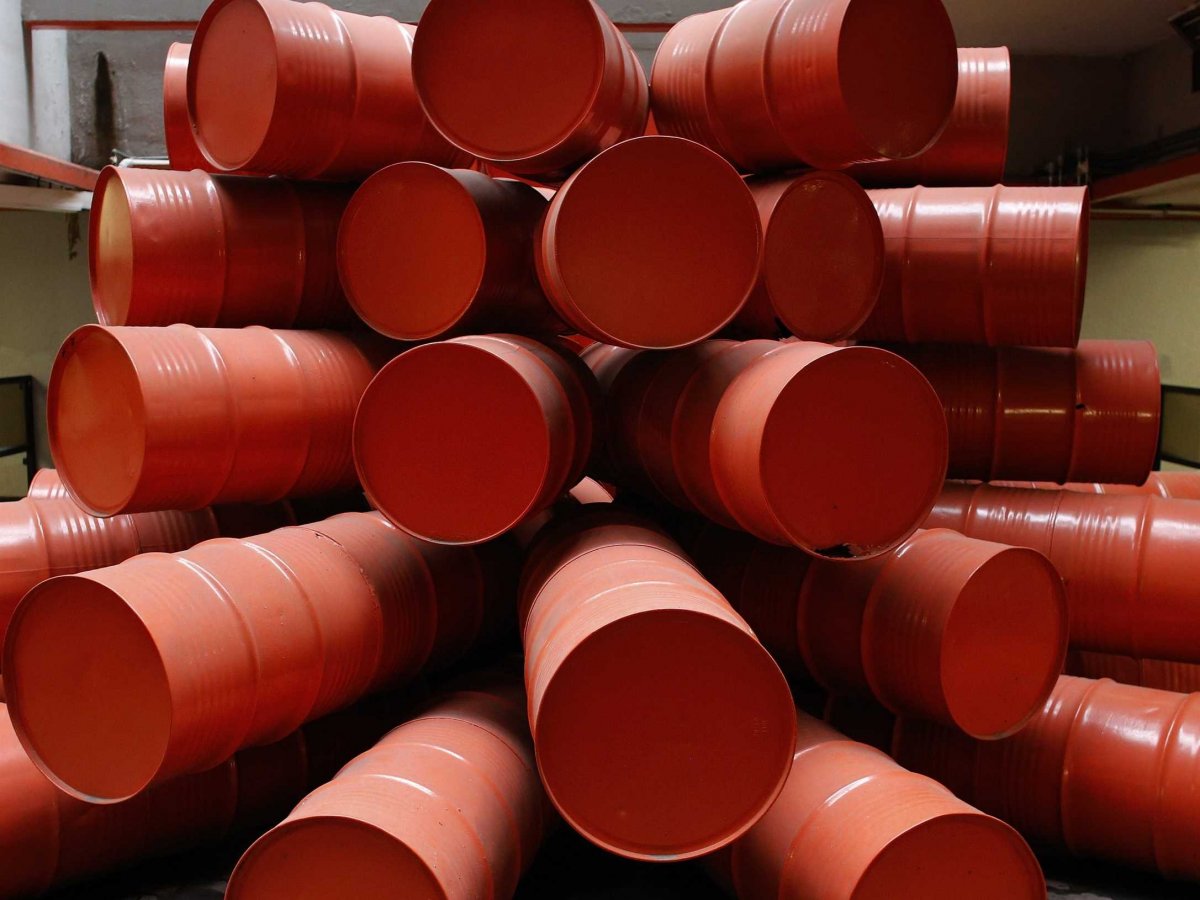Nigeria said wednesday it would not cut oil production outside the framework of the Organisation of Petroleum Exporting Countries (OPEC), even as nose diving crude prices caused by a global supply glut have ravaged its revenue.
US crude oil prices fell below $30 a barrel on Tuesday, prompting Nigeria, an OPEC member country, to call for an emergency meeting to address collapsing prices that have drained the coffers of Africa’s largest economy.
Minister of State for Petroleum, Dr. Ibe Kachikwu, said in Abu Dhabi on Tuesday that he expected an extraordinary meeting of the global oil cartel in “early March” to discuss the continued plunge in prices.
His push for an emergency meeting was however opposed by the United Arab Emirates, which like Saudi Arabia has resisted calls for production cuts by the oil cartel in order to retain market share.
But until the meeting is formally confirmed, Nigeria can do little in response to the collapsing price of crude, said the Nigerian National Petroleum Corporation’s (NNPC) head of marketing, Mr. Mele Kolo Kyari.
“Nigeria cannot stop the prices of crude from going down,” he told AFP in Abuja.
“The easiest thing to do is to control production but Nigeria can only do that through the OPEC framework and the last OPEC meeting did not agree to cut down production.
“So influencing the price through production is now out of the question.”
Saudi-led Gulf exporters within OPEC have so far refused to cut production to curb sliding prices, seeking to protect their market share despite a heavy blow to their revenues.
But as OPEC ponders an emergency meeting, oil prices rallied yesterday as positive Chinese trade data and an unexpected draw in weekly US crude oil inventories gave investors reasons to buy crude futures.
Brent crude, the global benchmark, was up 63 cents at $31.49 a barrel, while US West Texas Intermediate crude (WTI) was up 69 cents at $31.13 a barrel.
“The API inventory data triggered a profit-taking wave, that’s the main reason for this uptick,” said Hans van Cleef, senior energy economist at ABN Amro in Amsterdam.
“But the overall sentiment is still negative, meaning downside risk is still greater than upside potential.”
US crude stocks fell unexpectedly last week, data from industry group, the American Petroleum Institute (API), showed on Tuesday.
China reported exports dipped just 1.4 per cent in US dollar terms in December, compared to forecasts of an eight per cent drop, positively surprising world markets.
The world’s second-biggest oil consumer has also been taking advantage of the oil price rout to stock reserves, increase exports of refined products, and may be set to overtake the United States as the world’s largest importer. But the bearish outlook for oil remains.
The potential for an emergency OPEC meeting also weakened yesterday when Iran’s oil minister was reported to have said he had not received any request for such gathering.
Plunging oil prices coupled with the Central Bank of Nigeria’s (CBN) decision to stop dollar sales to Bureau de Change (BDC) operators in the retail segment of the foreign exchange market continued to take its toll on the naira as the local currency fell N295 to the dollar in Lagos and sold at N305 to the dollar in Kano.
The naira has fallen precipitously since Monday when the CBN cut forex sale to BDC operators.
Sources said since the announcement, some black market operators started hoarding dollars in anticipation that the naira would fall further.
This, according to the source, has led to scarcity of the greenback in the parallel market.







